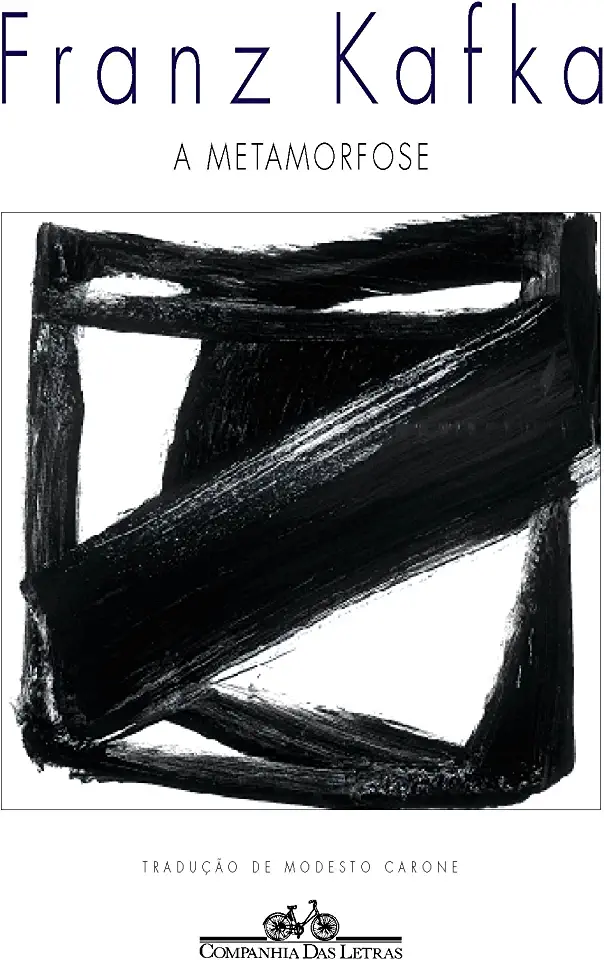
Franz Kafka - The Metamorphosis
Franz Kafka's The Metamorphosis: A Profound Exploration of Identity, Alienation, and the Absurd
Franz Kafka's The Metamorphosis is a literary masterpiece that delves into the depths of human existence, exploring themes of identity, alienation, and the absurd. Published in 1915, this novella presents a haunting tale of Gregor Samsa, a young man who awakens one morning to find himself transformed into a monstrous insect. Through Gregor's surreal predicament, Kafka confronts readers with profound questions about the nature of humanity, the individual's place in society, and the fragility of human existence.
A Journey into the Absurd: Gregor's Transformation
The Metamorphosis opens with a startling and unsettling event: Gregor Samsa's metamorphosis into a giant insect. This sudden and inexplicable transformation plunges Gregor into a world of absurdity, where the familiar becomes陌生 and the ordinary becomes surreal. Kafka's use of the absurd serves as a powerful metaphor for the alienation and isolation that individuals often experience in modern society.
Gregor's Struggles: A Reflection of Human Isolation
As Gregor grapples with his new form, he finds himself increasingly isolated from his family and the world he once knew. Confined to his room, he becomes a silent observer of the lives of those around him. Through Gregor's isolation, Kafka explores the theme of alienation, highlighting the profound sense of disconnection that individuals can feel even within their own families and communities.
The Family's Response: A Mirror of Societal Indifference
Gregor's family's reaction to his transformation further emphasizes the themes of alienation and indifference. Initially shocked and disgusted, they gradually grow accustomed to his presence, treating him as a mere inconvenience rather than a beloved family member. Kafka's portrayal of the family's behavior serves as a scathing critique of society's tendency to marginalize and dehumanize those who are different or perceived as "other."
The Metamorphosis: A Symbol of Existential Angst
Beyond its exploration of alienation and isolation, The Metamorphosis also delves into the depths of existential angst. Gregor's transformation raises profound questions about the meaning of life, the nature of identity, and the individual's place in the universe. Kafka's novella confronts readers with the unsettling realization that life can be absurd, unpredictable, and often devoid of clear purpose or meaning.
Kafka's Literary Mastery: A Timeless Classic
Franz Kafka's The Metamorphosis stands as a testament to his literary genius. Through his masterful use of symbolism, allegory, and the absurd, Kafka creates a haunting and thought-provoking narrative that resonates with readers on a deep and personal level. The novella's enduring popularity and critical acclaim are a testament to Kafka's ability to capture the essence of human experience and provoke profound reflection on the human condition.
A Must-Read for Literature Enthusiasts
Franz Kafka's The Metamorphosis is a must-read for literature enthusiasts, students of human psychology, and anyone seeking to explore the depths of human existence. Its powerful themes, unforgettable imagery, and thought-provoking narrative make it a literary masterpiece that continues to captivate and challenge readers to this day.
Purchase Your Copy Today: Embark on a Journey of Profound Discovery
Don't miss your chance to experience the literary brilliance of Franz Kafka's The Metamorphosis. Purchase your copy today and embark on a transformative journey into the depths of human identity, alienation, and the absurd. Immerse yourself in Gregor Samsa's surreal world and discover the profound insights that lie within this timeless classic.
Enjoyed the summary? Discover all the details and take your reading to the next level — [click here to view the book on Amazon!]